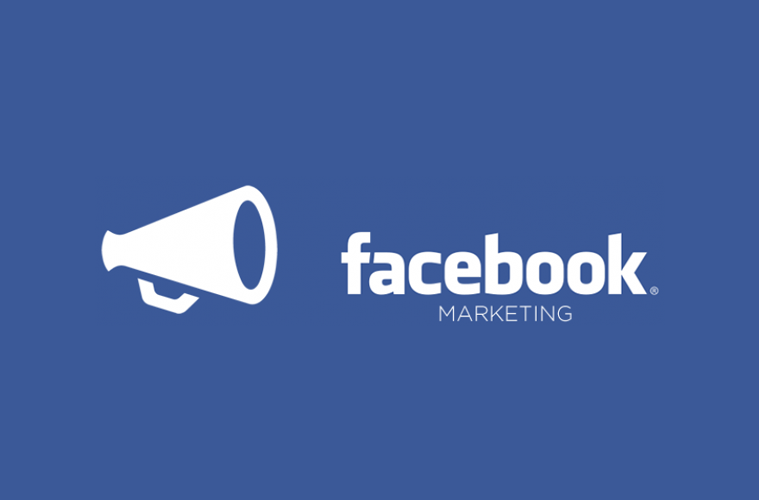Taking another step towards refining its advertisement platform to further enhance user’s advertisement experience, Facebook recently announced a key update to its advertisement metrics. Relevance score – the lone measurement metric of evaluating whether the ads that you ran were relevant to the audience that you targeted, will soon be replaced with a set of three new, broader relevance diagnostic metrics.
Essentially, Facebook’s relevance score is an assessment of the performance of your Facebook advertisement. By indicating the expected perception of your ad by your target audience, the Relevance Score determines the cost as well as the reach of your advertisement. A Facebook advertisement high on the relevance scale has a lower cost per click and a higher reach – and vice versa. Therefore, by simply looking at your Relevance Score, you could arrive at a rough estimation of the expected effectiveness of your advertisement campaign.
However, the relevance score suffers from a terrible shortcoming. It acts only as an indicator of the expected performance of your advertisement campaign but fails to provide any actionable information towards improving it. Being only a performance measure at best, the Relevance score is not informative to advertisers and fails to inspire more focused, engaging Facebook advertisements which are necessary to enhance the platform’s user experience. But all this is soon going to be a thing of the past.
The Relevance score is being replaced by a set of three comprehensive metrics – Quality ranking, Engagement rate ranking, and conversion rate ranking. These metrics would allow advertisers to derive more meaningful insights into the performance of the advertisements in terms of their relevancy, by equipping them with enough information about the specific areas that demand improvement.
Quality score – This score will measure the advertisement’s perceived quality compared to advertisements competing for the same target audience.
Engagement rate ranking – This metric would show an advertisement’s expected engagement rate compared to advertisements competing for the same target audience.
Conversion rate ranking – This metric will also work in the same way, showing an advertisement’s expected conversion rate when compared to advertisements with the same optimization goals and audience.
Looking ahead, this change would definitely be beneficial for advertisers as they would now have more actionable insights into their advertisement quality in terms of its relevancy and would be able to optimize their ads accordingly. For Facebook users, this would mean a better advertisement experience – something that Facebook constantly wants to work upon. All in all, this change is surely a win-win!




